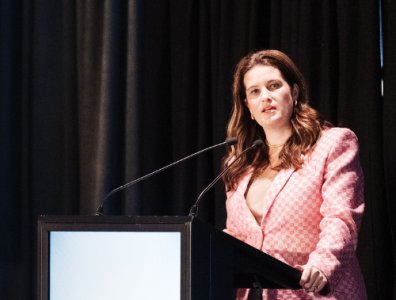Climate governance conversation must advance
As we move further into 2024, there are a number of political, legal and scientific developments that are going to impact how we talk about climate governance.
On the political front, we have a new government with a new approach. The removal of electric car subsidies was the first change to flow through, but tweaks to the Emissions Trading Scheme have been indicated, the GIDI decarbonisation fund is to be reallocated and it is government policy to make it easier to deliver renewable energy projects. Watch this space.
Also on the political side, we have a new Minister for Climate Change, National’s Simon Watts. And the Green’s James Shaw – a strong advocate of climate action to business audiences over the years – has resigned as his party’s co-leader.
Moving to the legal area but staying local, the Supreme Court has given the go-ahead for a novel climate case to proceed. Smith v Fonterra will see Iwi Chairs’ Forum spokesperson Mike Smith argue that Fonterra, Genesis Energy, Z Energy, NZ Steel, BT Mining, Channel Infrastructure NZ and Dairy Holdings contribute materially to the climate crisis and are harming the land and sea. He wants the Court to rule the companies have a duty to protect the environment.
As Dentons says in its analysis, “Mr Smith claims his way of life is at risk from the effects of climate change and that the companies owe a general duty to cease their activities. His claim asks the Court to make a declaration that the companies have individually and/or collectively unlawfully breached a duty owed to him.”
If the Court finds that such a duty exists, the climate governance landscape will look rather different.
Globally, scientists tell us 2023 was the hottest year on record and for around a third of the year the global temperature was higher than the limitation agreed in Paris, 2015, of the 1.5 degrees warming since pre-industrial times. While what this means in the near term is open for debate, it is unlikely to be reduced climate-related risk.
All of this makes sharing the knowledge and understanding available through the IoD’s Chapter Zero New Zealand ever-more important.
Chapter Zero NZ quietly celebrated its second anniversary on 3 March. We have seen interest in climate governance grow quickly since launching in 2022:
- We now have 1,768 supporters, more than double the 850 a year ago
- Our LinkedIn following has also more than doubled in the past year, reaching 2,178, up from just over 1,000
- During 2023, the leaders of three of our political parties – then Prime Minister Chris Hipkins, current Prime Minister Christopher Luxon and then Greens co-leader James Shaw – spoke at Chapter Zero events, alongside a host of local and international climate experts
The conversation is underway, and is becoming more urgent. As supporters, I urge you to take the knowledge you gain, share it with your board colleagues and encourage many more people involved in governance to join the conversation.



